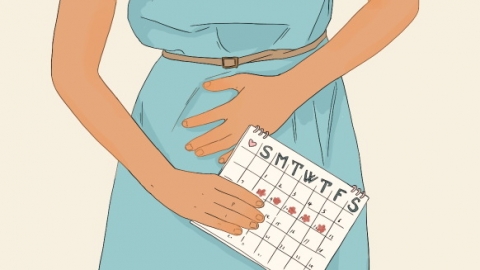How long will the first use of birth control pills delay menstruation?
Generally, the first time taking contraceptive pills may delay menstruation by 1–2 weeks. The specific duration varies depending on the type of contraceptive and individual physical conditions; some people might experience earlier periods or no significant change. Detailed analysis is as follows:

Short-term oral contraceptives must be taken regularly. After the first dose, the body needs time to adapt to hormonal changes, which may alter the timing of endometrial shedding. In most cases, the delay does not exceed two weeks. If starting in the second half of the menstrual cycle, hormonal fluctuations are smaller, potentially resulting in a shorter delay. Emergency contraceptive pills contain high-dose hormones that can easily disrupt the endocrine system, possibly delaying menstruation by 1–2 weeks or even causing menstrual irregularities.
The extent of menstrual delay also depends on individual metabolic rate and hormone sensitivity. Individuals with faster metabolism and lower sensitivity typically experience shorter delays. If the delay exceeds two weeks, pregnancy should first be ruled out, as emergency contraception is not 100% effective, and missed doses of short-term contraceptives can also reduce efficacy.
Short-term contraceptive pills must be taken strictly according to medical instructions without missing doses. After taking emergency contraception, monitor menstrual changes without excessive anxiety. Maintaining regular daily routines helps stabilize endocrine function and reduces the impact of medication on menstruation.




